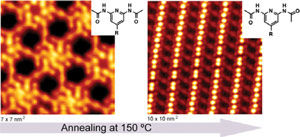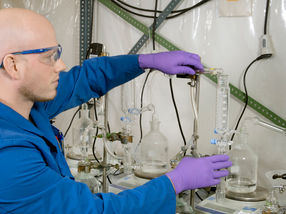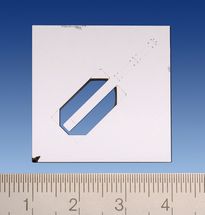UN Stockholm Convention concludes that only certain lower brominated diphenylethers are POPs
The 4th meeting of the Convention of the Parties (COP4) of the Stockholm Convention on Persistent Organic Pollutants (POPs) decided on 8 May to list only certain lower brominated substances as POPs. These substances were components of the legacy commercial brominated flame retardants Penta-BDE and Octa-BDE.
The Stockholm Convention is an international agreement of the United Nations Environmental Programme. Its remit is the identification, evaluation and elimination of persistent organic pollutants (POPs) from the environment. The COP is the highest political level of the Convention.
COP4 (4-8 May 2009) took the decision to amend the Convention for the first time. The Parties agreed to the addition of nine ‘new’ POPs. The additional substances include certain components [1] of the legacy commercial products Penta-BDE and Octa-BDE.
The nomination and scientific evaluation did not find any other constituents of these commercial mixtures to be POPs nor to be precursors to the formation of POPs.
Commercial Penta-BDE was mainly used in Flexible Polyurethane (PUR) Foam. Commercial Octa-BDE was a flame retardant mainly used in electronic and electrical equipment. BSEF member companies that made commercial Penta-BDE and commercial Octa-BDE stopped producing these substances voluntarily in 2004 or earlier.
[1] Those Tetra-BDEs and Penta-BDEs found in commercial Penta-BDE and those Hexa-BDEs and Hepta- BDEs found in commercial Octa-BDE.
Most read news
Other news from the department politics & laws

Get the analytics and lab tech industry in your inbox
By submitting this form you agree that LUMITOS AG will send you the newsletter(s) selected above by email. Your data will not be passed on to third parties. Your data will be stored and processed in accordance with our data protection regulations. LUMITOS may contact you by email for the purpose of advertising or market and opinion surveys. You can revoke your consent at any time without giving reasons to LUMITOS AG, Ernst-Augustin-Str. 2, 12489 Berlin, Germany or by e-mail at revoke@lumitos.com with effect for the future. In addition, each email contains a link to unsubscribe from the corresponding newsletter.












































